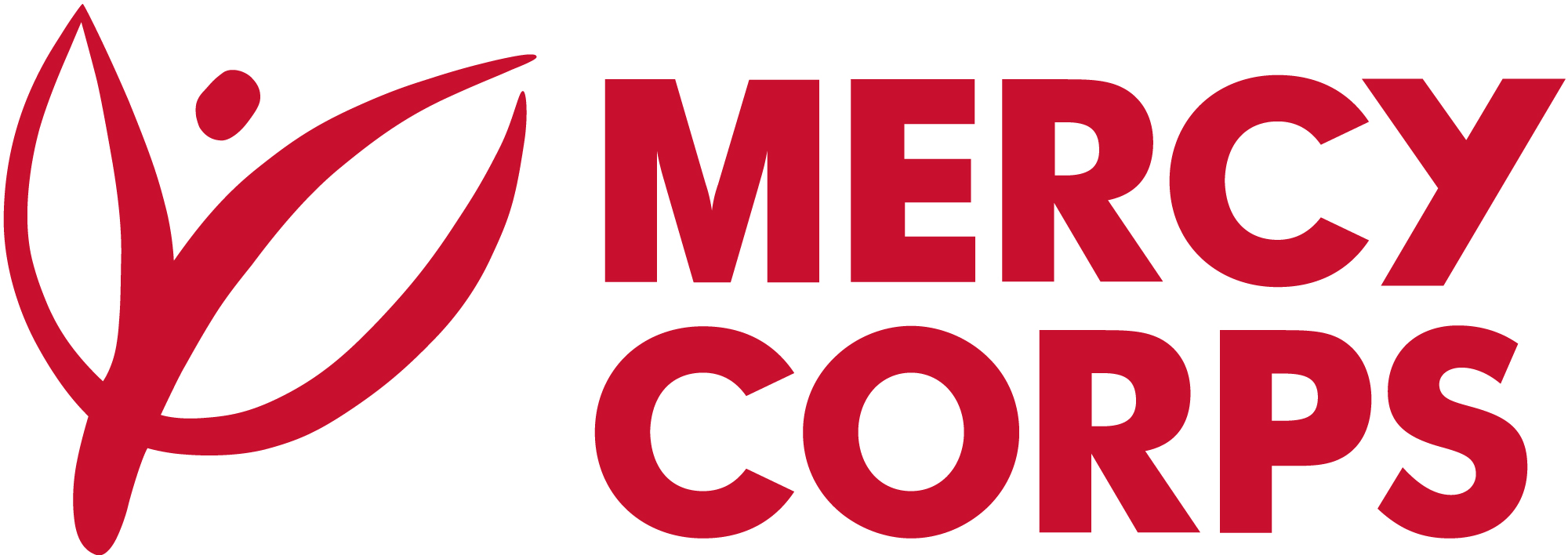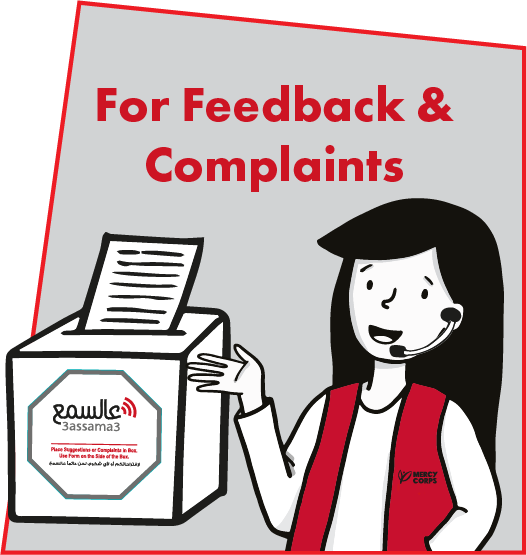Key Takeaways:
-
The caretaker cabinet submitted its final version of the 2023 draft budget to parliament and continued its review of the 2024 draft budget in September. The latest version of the 2024 draft budget includes a value-added tax increase from 11% to 12% and introduces US dollar (USD)-denominated payments for state bills, tariffs, and taxes. These would constitute the first official USD transactions between residents and the Lebanese state.
-
Efforts to elect a new president are gridlocked as Parliament Speaker Nabih Berri’s proposal for a dialogue and subsequent electoral sessions in parliament were rejected by the Lebanese Forces and Kataeb. Both argue that it is unconstitutional for a dialogue to be a prerequisite for participating in electoral sessions. French envoy to Lebanon and ex-Minister for Europe and Foreign Affairs Jean-Yves Le Drian has warned Lebanon that it risks isolation from the international community if a president is not elected soon.
-
Tensions along the Lebanese-Israeli border mounted in recent weeks, with two notable incidents reported on September 23 and September 27, when the Lebanese Armed Forces (LAF) and Israeli military deployed smoke bombs in Bastra and the Shebaa Farms. These incidents occurred shortly after a tripartite meeting between representatives of the United Nations Interim Force in Lebanon, the LAF, and the Israeli military to discuss 13 “points of contention” along the shared border.
-
One week of heavy fighting between Islamists factions and Fatah in the Ain el Hilweh Palestinian Refugee camp ended when a ceasefire agreement was reached on September 14. Eighteen people were killed in the fighting and 2,550 camp residents were displaced. Damage to, and militants’ occupation of, the United Nations Relief and Works Agency-administered schools has delayed the start of the school year for 11,000 students.
-
The Ministry of Energy and Water announced that subscribers are now able to settle Électricité du Liban (EdL) bills either in Lebanese pounds (LBP) or USD at an exchange rate of approximately LBP 104,000. The measure should incentivize bill payment in USD, which will help fund EdL maintenance and fuel purchases. EdL also announced that it will cut off electricity to public institutions that do not pay outstanding bills and increase electricity provision to Beirut neighborhoods with fewer than a 10% “network violation rate” as of October 1
By Crisis Analytics Team, Mercy Corps Lebanon



